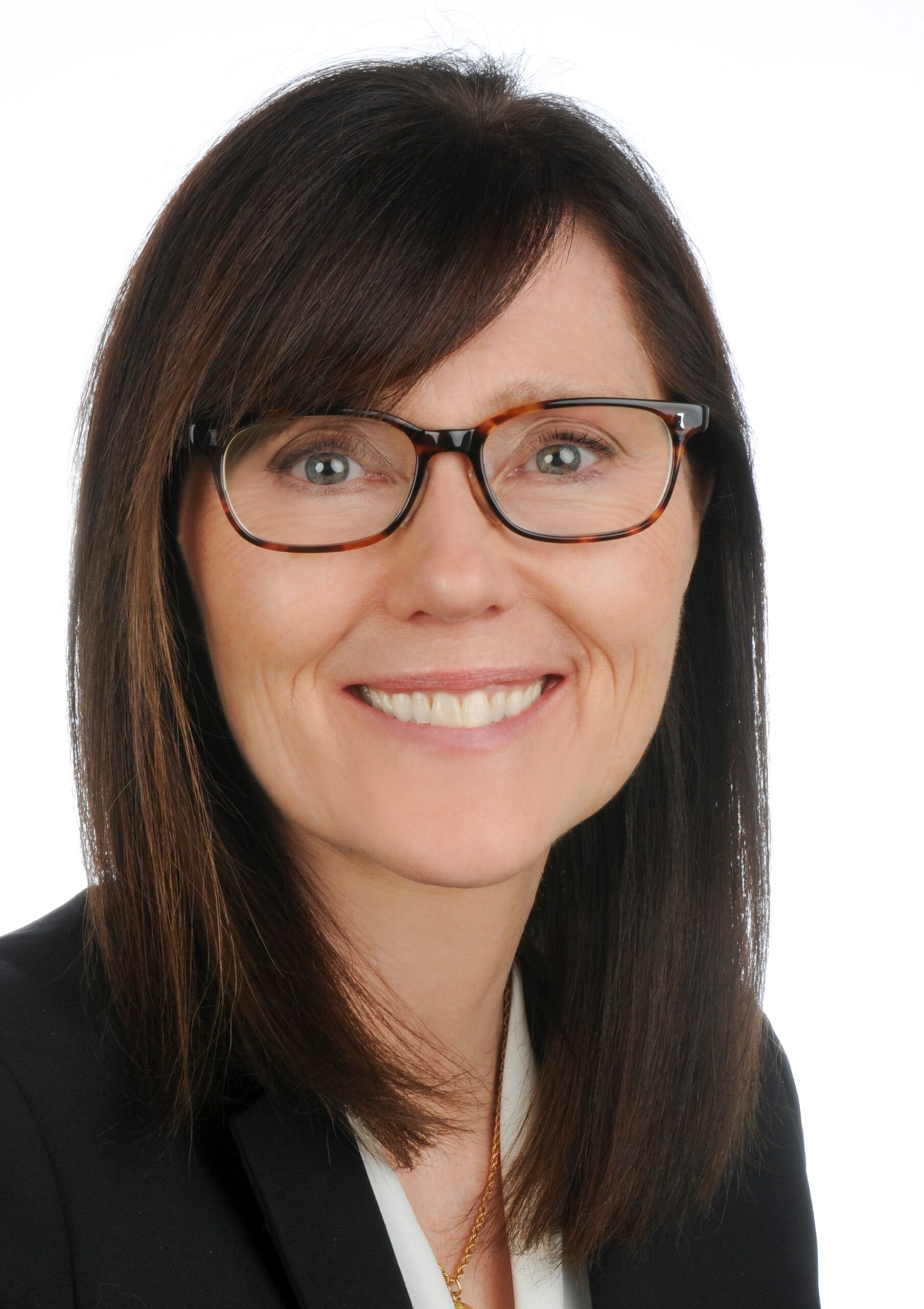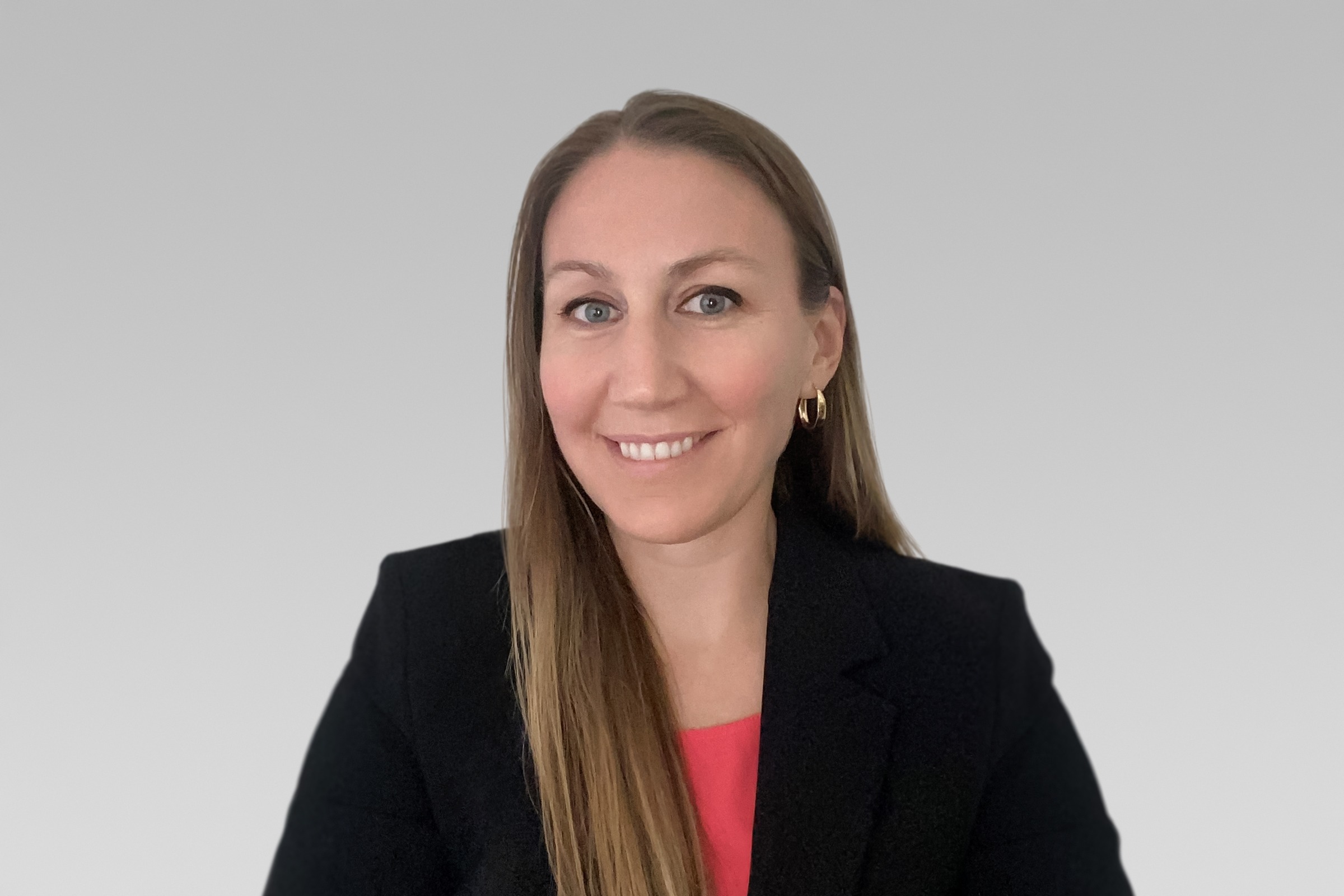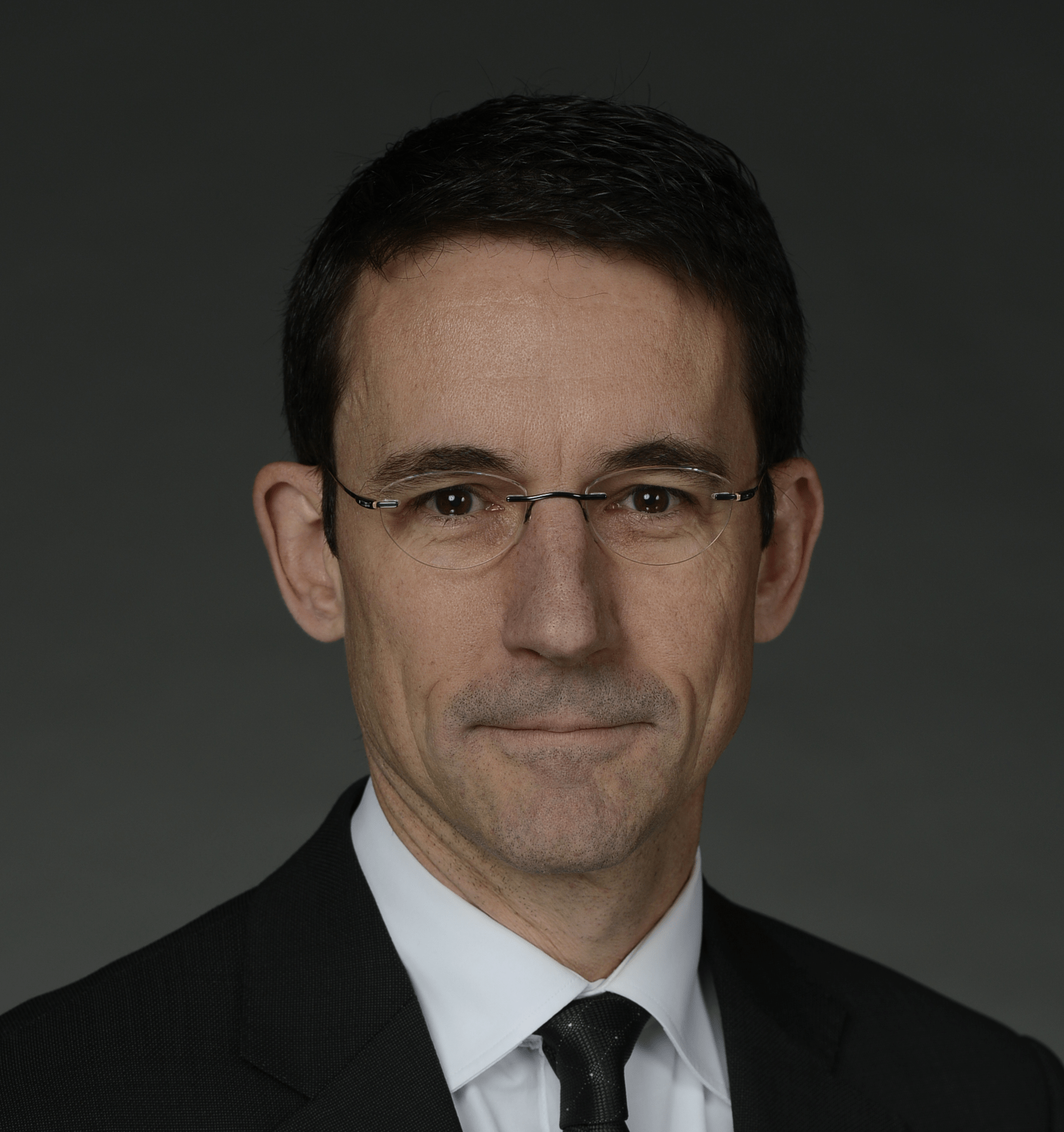About the CAC
The Canadian Advocacy Council (CAC) is an independent organization comprising of volunteers from across Canada representing over 19,000 CFA Institute members who are the primary market participants in Canada’s capital markets. The CAC strives to advance market integrity, transparency and investor protection, on behalf of CFA Societies Canada and Canadian CFA charterholders.
The CAC advocates to Canada’s securities regulators, standard setters, self-regulatory organizations, industry groups, and legislators through the publication of comment letters on proposed rules and notices. In addition, the CAC publishes “White Papers” on issues which it deems are of national importance and participates in a number of User Advisory groups. Comments and issues engaged by the CAC are screened through a vigorous Litmus Test and debate from its members. The CAC also works closely with CFA Institute to coordinate general and specific Canadian advocacy efforts when appropriate in addition to advocating for the CFA Institute Code of Ethics and Standards of Professional Conduct.
Committee Members










Nomination Form
Want to help shape the Canadian regulatory landscape, and become a part of a community advocating for investor protection?
Nomination FormReporting Structure
The CAC reports to the CFA Societies Canada Board of Directors.
The Board of CFA Societies Canada in turn designates the CFA Societies Canada Executive Committee.
Within the responsibilities of the CFA Societies Canada Executive Committee include:
– Overseeing and approving governance of Canadian Advocacy Council (CAC) and other committees or councils approved by the Board;
– Approving the admission of members of CAC and other committees or councils approved by the Board;
– Recommending and overseeing budgets of CAC and other committees or councils approved by the Board;
– Recommending national communication items, to Member Societies of CFA Institute in Canada;
Members of the CFA Societies Canada Executive Committee are encouraged to observe all CAC meetings/ conference calls and join meetings in their respective cities.
Litmus Test
In order to determine the issues that it will engage its resources, the CAC utilizes a litmus test as follows:
Canadian Advocacy Council
Litmus Test
(February 23, 2023)
- Deciding what initiatives the Canadian Advocacy Council (“CAC”) should undertake requires an analysis of a variety of criteria, balancing the potential for contributing meaningful analysis and insight against the resources, intellectual and otherwise, available to the CAC. Moreover, given the myriad of issues facing the Canadian markets in general, and the investment management industry, more specifically, the CAC must assess whether it is the most appropriate body to address a particular issue.
- In order to provide guidance for evaluating which initiatives the CAC will undertake, reference is made to the following criteria. While no one criterion or combination should be seen as determinative, the following list will provide helpful benchmarks against which the relevant policy group within the CAC, in consultation with its Oversight Committee, can weigh its decision to expand its efforts.
- In deciding whether to undertake a particular initiative, the CAC Executive considers the; 1) Priority Alignment, 2) Opportunity to Influence and 3) Relationship Value of the initiative in light of each of the following characteristics in order to undertake those initiatives that will produce the greatest benefits to Canada’s CFA Institute member societies, CFA Institute members, the capital markets, and the investment community in general. Accordingly, an initiative is then presented to the greater Council after taking into consideration the following characteristics:
• Level of importance to our Canadian membership, including member societies;
• Ability to promote high standards of ethical and professional conduct in the investment industry consistent with CFA Institute Code of Ethics and Standards of Professional Conduct, and other relevant CFA Institute standards;
• Potential implications for the investment profession across major capital markets;
• Opportunity to address issues of investor protection or transparency of disclosure;
• Recognized as an important source for providing the views of investment professional practitioners;
• Opportunity to advance policy of CFA Institute;
• Relevance of issues to CFA Institute’s mission, vision and goals;
• Opportunity to lead and engage in public debate on current and emerging policy issues and to significantly and positively influence the outcome;
• Importance of issues in light of current and developing market conditions, legislation, regulations, or actions by standard-setting bodies; and
• Ability to reflect favorably on the profile of CFA Institute, CFA Program, and CFA Institute members and charterholders.
History
The CAC was officially created in July 1995, when the Canadian Council of Financial Analysts (CCFA) was formally incorporated. For 23 years before incorporation, CCFA existed as an informal gathering of Canadian society presidents. The council comprised of two delegates from the Toronto and Montreal societies and one delegate from each of the remaining Canadian societies. The CCFA operated like the current Presidents Council where society executives could share ideas and problems.
On July 4, 1995, CCFA was incorporated as a nonprofit organization pursuant to the Canada Corporations Act. It shared office space with the Toronto Society of Financial Analysts (TSFA) and utilized the services of its employees.
The CCFA had the following purposes:
– Foster communication between the Association for Investment Management and Research (AIMR) and Canadian societies,
– Oversee, initiate and coordinate AIMR’s Canadian advocacy efforts,
enhance and build upon the principles and standards of AIMR.
Prior to July 1, 1995, the funding of CCFA was based on a percentage of Canadian member fees. Afterwards, funding was based on CCFA needs as budgeted over a three-year period.
Under the bylaws of the CCFA, the Canadian Advocacy Council (CAC) was created. It would consist of at least one representative from, and chosen by, each Canadian society. The Chair of CCFA and an AIMR senior officer would serve as ex officio, non-voting members of the CAC. The Chair of the CAC would be chosen from among the CAC members by the members thereof. Members of the CAC were mainly the advocacy chairs from various societies or the presidents.
In February 1997, CCFA moved out of the TSFA office and rented space on its own. An Executive Director was hired to screen regulatory issues as the CAC took on a more active role across Canada. This practice continued for approximately two years until after the departure of the Executive Director, a part-time consultant was hired to support the CAC for a few more years.
It was around this time (1997), that the CAC began to overshadow the relevance of the CCFA. Shortly thereafter, the CCFA disappeared altogether and the CAC became a standing committee of AIMR. It was also at that time when the composition of the CAC changed from nominations from Canadian societies (namely advocacy chairs) to Canadian members-at-large who were interested in advocacy matters. With staff support from AIMR, the CAC took on a more prominent role in advocating AIMR’s and Canadian members’ positions within Canada
Interested in learning more or participating in our comment letters?
Contact CAC